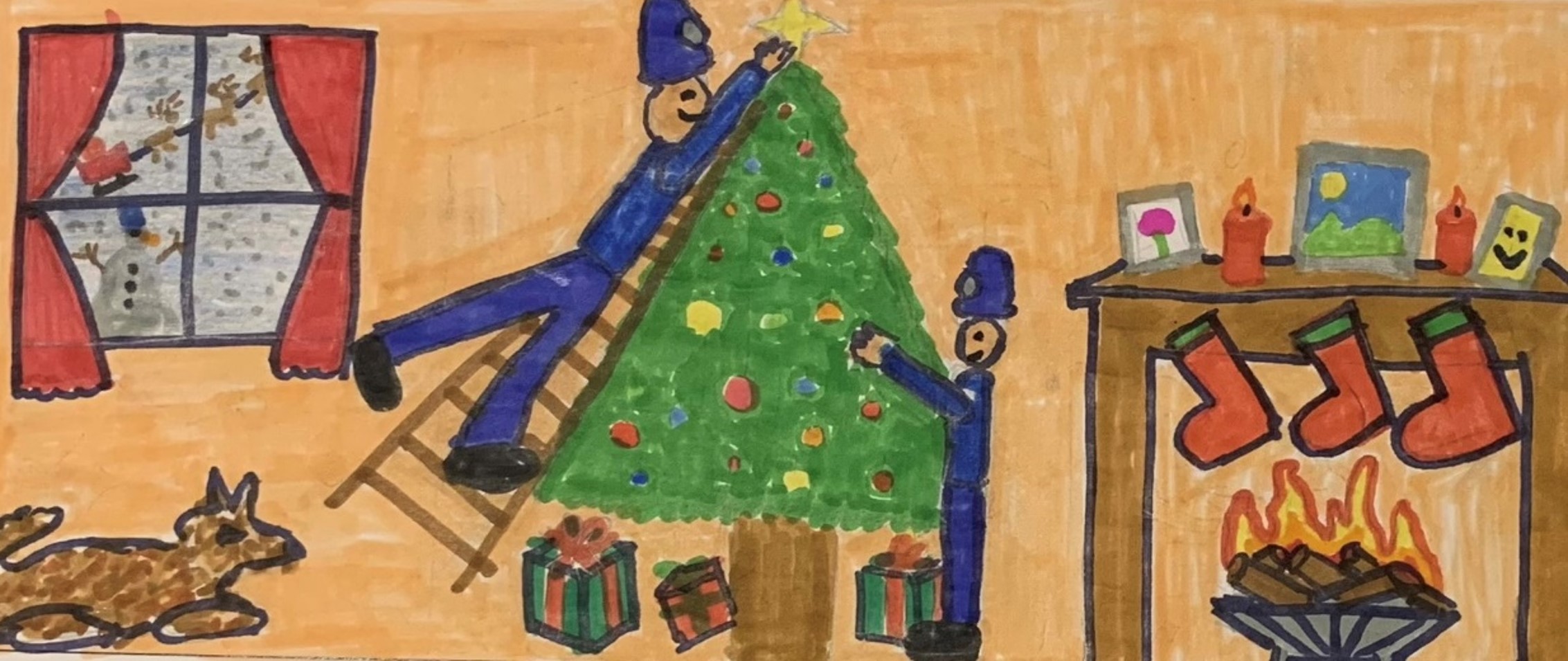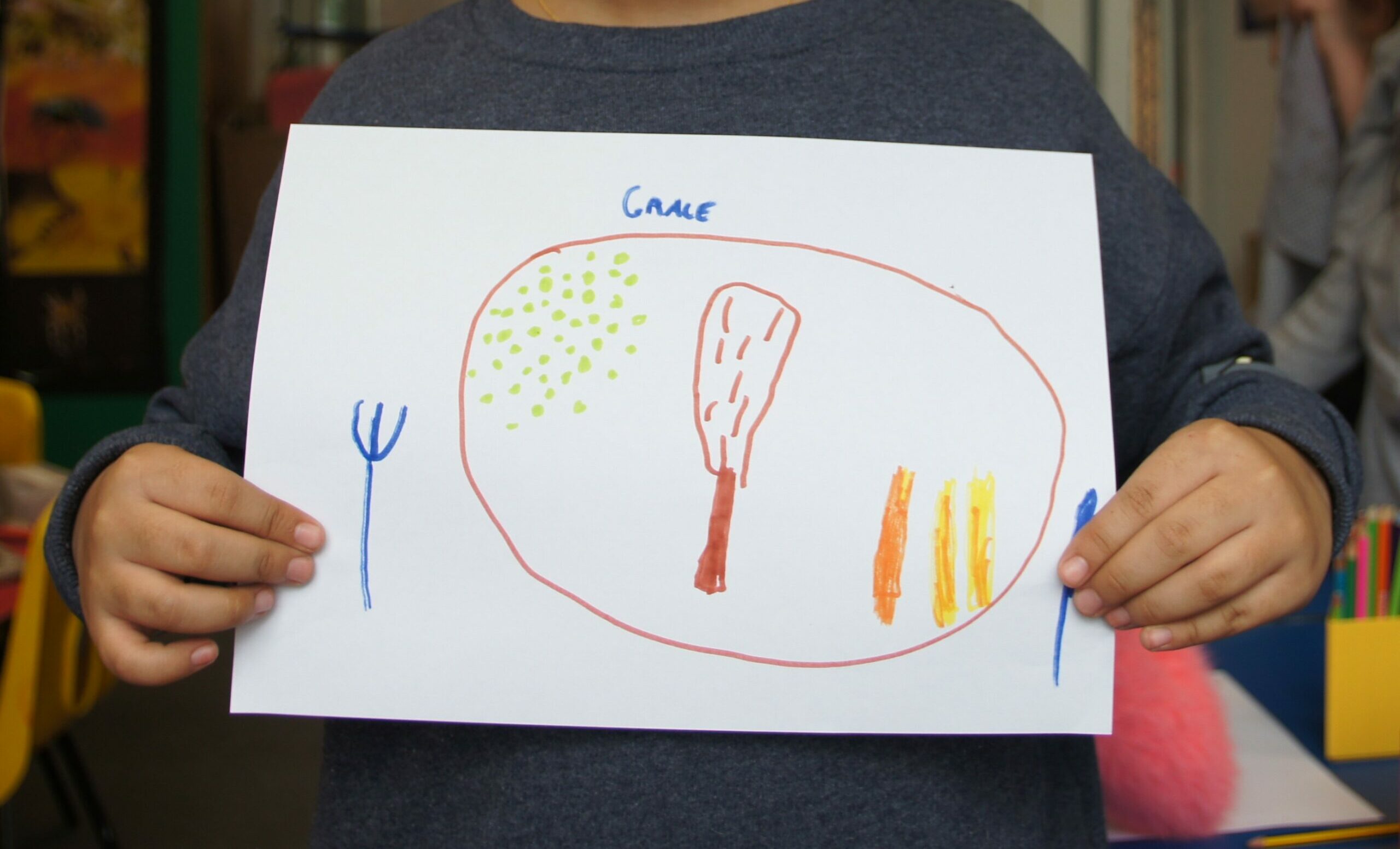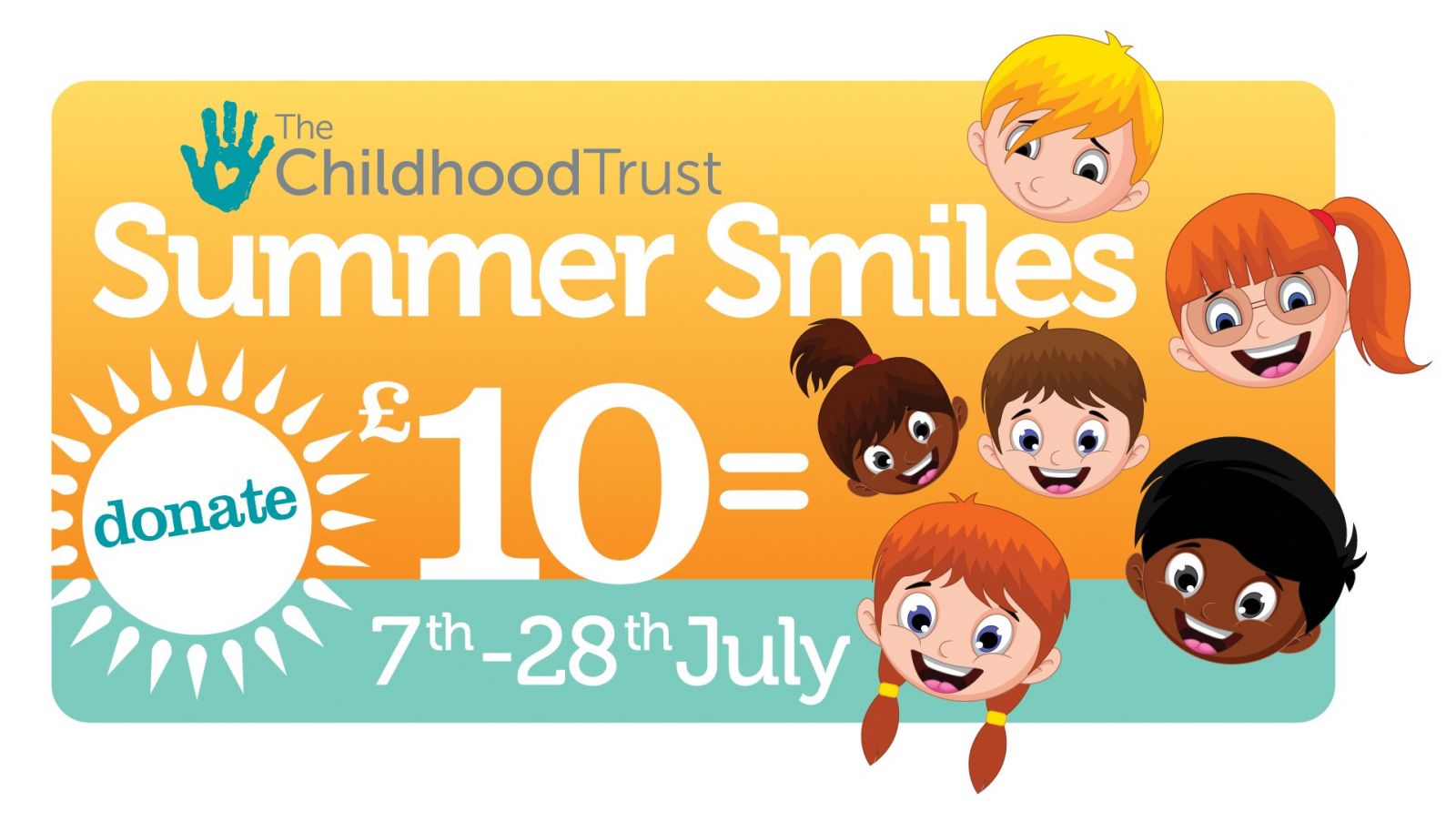Posted on January 30th 2025 by Millie Barrow
Tagged:
Other News
28,451 presents donated to vulnerable children via our Met Christmas Tree Appeal in 2021
The Met Christmas Tree 2022 appeal is now open. Please click here to donate present for a child in need this Christmas. The Met Christmas Tree Appeal is run in partnership with the Metropolitan...
Our 2022-2023 Annual Impact Report
The Childhood Trust Annual Impact Report, 2022 – 2023 In the last 12 months our campaigns have raised £8.8m. This funding is directly helping to ensure that over 260,000 children across the...
Summer Give set to helps 20,000 London Children this summer holidays
The first ever Summer Give campaign took place on the thebiggive.org.uk from 1st – 5th June and raised an incredible £527,627 for the 18 charities that participated. The focus of the Summer Give...


